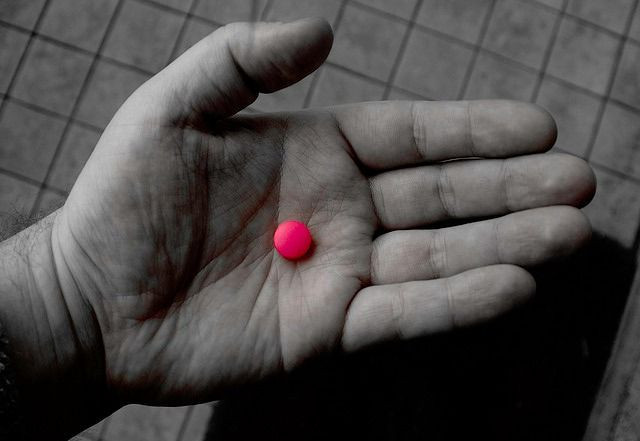Teen Drug Abuse: Sleep, Anxiety Meds 12 Times More Likely To Be Abused By Those With Prescriptions

Prescription and over-the-counter medications are a significant problem for teens. Twelve- to 17-year-olds abuse prescription drugs more than ecstasy, heroin, cocaine and methamphetamines combined — they're the most commonly abused drugs after marijuana. Yet, a new study from the University of Michigan found some cases of abuse stem from the very drugs teens were prescribed.
Sleeping pills, like Ambien and Lunesta, as well as anti-anxiety medications, like Xanax and Klonopin, are meant for adults, but they’re often prescribed to teens. Some experts are weary of the long-term effects of these prescriptions, and so doctors recommend combining drugs with another approach, such as behavioral therapy. So researchers tested 2,750 teenagers from five Detroit-area schools, nine percent of whom were prescribed sleeping or anxiety pills at one time or another.
Researchers found teens prescribed anxiety medications were 12 times more likely to use someone else's anxiety medication than teens who had never been prescribed these drugs, while teens with an initial prescription for anxiety or sleeping medication were 10 times more likely to abuse them than prescription-free teens.
"I recognize the importance of these medications in treating anxiety and sleep problems. However, the number of adolescents prescribed these medications and the number misusing them is disturbing for several reasons,” said Carol Boyd, lead study author and Deborah J. Oakley Collegiate Professor, said in a press release. Worse yet, these medications become addictive, even fatal, when mixed with narcotics or alcohol.
Boyd and her team also noticed that “white students were twice as likely as black students to use others' medications, and females older than 15 and teens who had prescriptions for longer periods of time were more likely to abuse the medications,” the press release said. It’s the first longitudinal study to determine whether or not teen’s anxiety or sleep medications wind up in another teen’s hands, whether it’s for self-treatment or recreational use.
"I looked at these numbers and said, 'There's a story here.' It just catches you off guard that so many adolescents are being prescribed these medications," Boyd said. "Why is it that our youth are anxious and sleepless? Is it because they are under stress, consuming too much caffeine, or seeking an altered state?”
Researchers propose better education for both parents and teens about the dangers of prescription drugs, as well as monitoring refills and an in-depth assessment before drugs are prescribed at all.
Source: Boyd C, et al. A prospective study of adolescents' nonmedical use of anxiolytic and sleep medication. Psychology of Addictive Behaviors. 2014.
Published by Medicaldaily.com



























